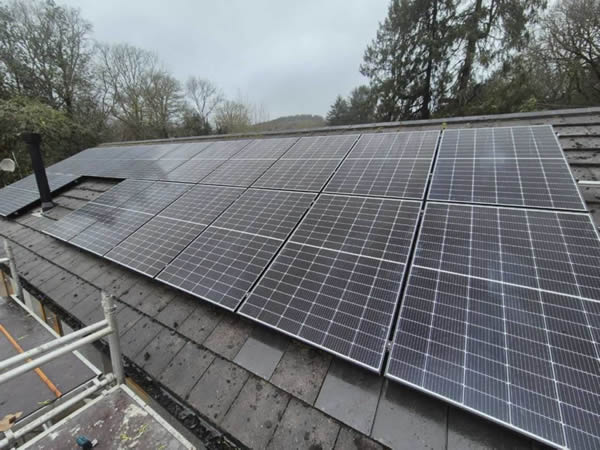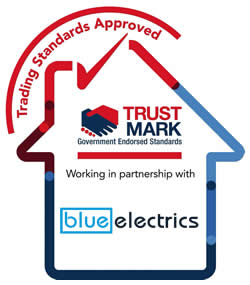As the world shifts towards renewable energy sources, many homeowners and businesses are considering solar power as a viable option. But is solar a good investment? Let’s explore the benefits, financial implications, and long-term impacts of installing solar panels.

Solar energy is a clean, renewable source that significantly reduces greenhouse gas emissions compared to fossil fuels. By investing in solar, you contribute to a healthier planet.
Solar power is sustainable and abundant. Unlike finite fossil fuels, the sun provides a consistent and inexhaustible energy source.

Solar panels allow you to generate your own electricity, reducing dependence on the grid and protecting against rising energy prices.
In times of power outages or grid failures, solar systems with battery storage can provide a reliable backup power source.

Generating your own electricity means you’ll see a reduction in your utility bills. Over time, these savings can be substantial.
Many governments offer incentives, rebates, and tax credits for solar installations, significantly lowering the initial cost.
In any solar setup, converting the DC voltage and current from solar panels into AC power efficiently is key. Here’s how solar optimizers enhance this process:

The initial cost of purchasing and installing solar panels can be significant. However, prices have been decreasing as technology advances and market competition increases.
Various financing options, including loans, leases, and power purchase agreements (PPAs), can make solar more accessible without a large upfront investment.

The payback period for solar investments typically ranges from 5 to 10 years, depending on factors like system size, energy consumption, and local electricity rates.
After the payback period, the electricity generated is essentially free, leading to significant long-term savings. Solar panels typically have a lifespan of 25-30 years, offering decades of cost-free energy.

Homes with solar installations often have higher property values and are more attractive to buyers. Studies have shown that solar-equipped homes can sell faster and at a premium.
As more people become environmentally conscious, having a solar system can enhance your property’s marketability.

Advances in solar technology have led to more efficient panels, capable of generating more electricity from the same amount of sunlight.
Modern solar panels come in various designs and can be integrated seamlessly into roofs, windows, and other structures.

Coupling solar panels with battery storage systems allows you to store excess energy for use during non-sunny periods or power outages, maximizing your investment.
With grid-tied systems, you can sell excess energy back to the grid, potentially earning credits or payments.
In any solar setup, converting the DC voltage and current from solar panels into AC power efficiently is key. Here’s how solar optimizers enhance this process:

By reducing reliance on fossil fuels, solar energy helps decrease air pollution, contributing to better overall health and environmental conditions.
Solar energy plays a crucial role in mitigating climate change by reducing greenhouse gas emissions.

Investing in solar power demonstrates a commitment to sustainability and environmental stewardship, enhancing your reputation among peers and customers.
Solar projects can create local jobs and stimulate economic growth, benefiting the broader community.

Is solar a good investment? The answer is a resounding yes for many homeowners and businesses. The benefits of reduced energy bills, potential financial incentives, increased property value, and positive environmental impact make solar power an attractive option. While the initial costs can be high, the long-term savings and ROI, combined with advancements in technology and energy storage, make solar a smart and sustainable investment for the future.

Our electricians are fully qualified and experienced, ensuring the highest standards of workmanship and safety.

As a South Wales-based company, we understand the specific needs and regulations of the area.

We pride ourselves on our exceptional customer service, providing transparent, honest advice and support from start to finish.

With years of experience in the industry, we have built a reputation for reliability and trustworthiness, making us the go-to choice for electrical services in South Wales.

Blue HQ
Brunel Way
Neath
SA11 2FP







